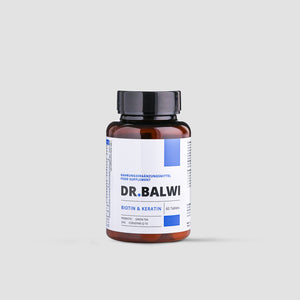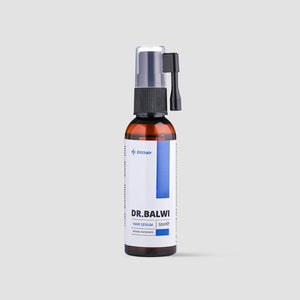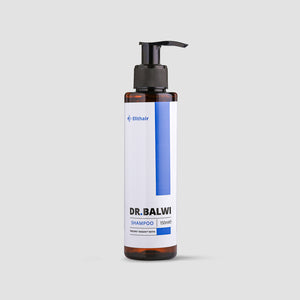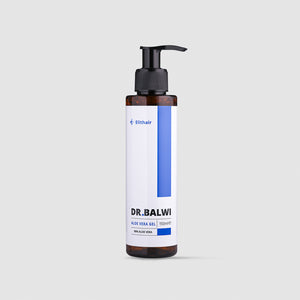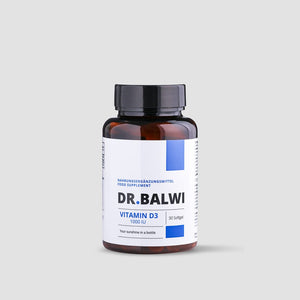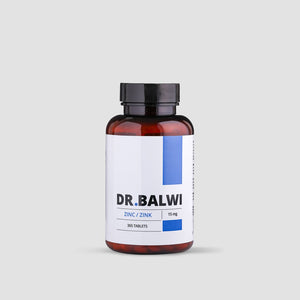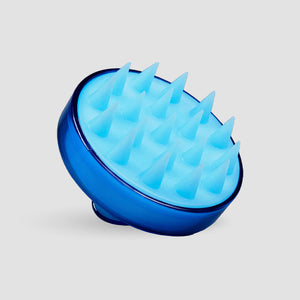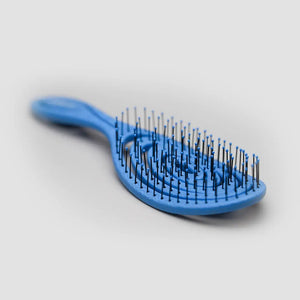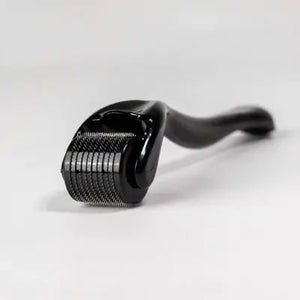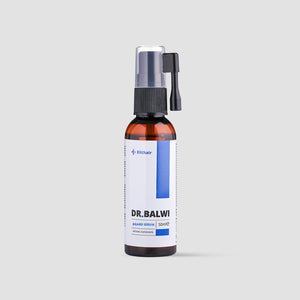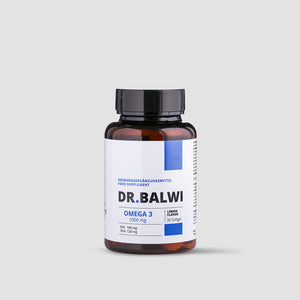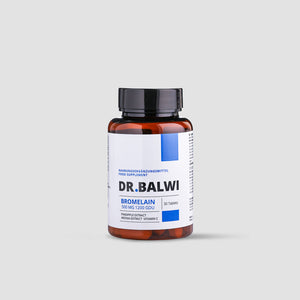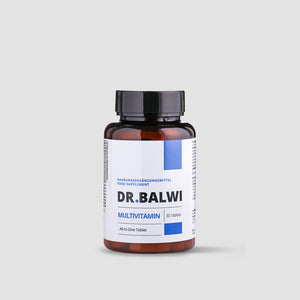
Hair loss due to lack of oxygen
Our blood consists of oxygen, nutrients, and other vital substances. Various causes can reduce the amount of oxygen and lead to an undersupply of the hair follicles. The result: hair loss due to oxygen deficiency. This hair loss negatively affects your self-confidence and can become a psychological burden. Healthy hair growth requires a scalp with good blood circulation and thus sufficient oxygen supply. This article shows you the risks of oxygen deficiency and provides tips for preventing it.
Table of contents
- Low-oxygen blood promotes hair structural damage and hair loss
- Why oxygen is an essential nutrient for hair growth
- Lack of oxygen leads to overacidification
- Healthy nutrition and stress reduction for more oxygen
- Hair transplantation and autologous blood therapy for hair loss caused by oxygen deficiency?
- Conclusion: Change of habits and hair implantation against hair loss due to oxygen deficiency
Low-oxygen blood promotes hair structural damage and hair loss

Blood transports not only nutrients and vitamins, but also oxygen to your scalp. For your hair to grow thickly and healthily, the oxygen supply must be continuous and sufficiently high. In everyday life, there are a whole range of influences that lower the oxygen level in the blood and lead to hair loss. Exertion and tension, intense daily concentration, and stress are the main causes of low oxygen levels in the blood.
In most cases, this condition isn't just noticeable through hair loss. Dark circles under the eyes and constant fatigue are also caused by a deficiency and are sure signs of too little oxygen in your bloodstream. A temporary or mild deficiency can lead to structural changes in your hair.
The hair appears dull, is difficult to style, and feels straw-like. If you don't address the cause, hair loss will set in. This can be diffuse or circular, lead to visible receding hairlines , or result in a high forehead.
Why oxygen is an essential nutrient for hair growth
The hair follicles are supplied with all vital nutrients and substances via the bloodstream. Very fine, delicate blood vessels run beneath the scalp. During any form of mental stress or intense concentration, the skull becomes tense. You don't notice this tension, but the blood vessels in your scalp constrict, allowing less oxygen to reach the hair follicles.
After some time, this condition becomes noticeable in the undersupply of your hair, resulting in hair loss that significantly exceeds the "healthy amount of up to 100 hairs per day." Since the nutrients for your hair are transported by the blood, a change in blood flow means fewer vital nutrients reach the hair roots, resulting in the resulting undersupply. Oxygen-rich blood is a basic prerequisite for strong, vital hair that is firmly anchored in the scalp.
Lack of oxygen leads to overacidification
A major risk associated with oxygen deficiency in the bloodstream is the fluctuating acid-base balance. Low-oxygen blood quickly leads to over-acidification of the body, which in turn promotes hair loss and manifests itself primarily in the formation of a receding hairline and the so-called tonsure.
Generally, the effects of anemia on the scalp are most noticeable on the top of the head and in the temple area. To counteract the effects of hyperacidity, you should adjust your diet to include products that our bodies process in an alkaline way.
Hair growth products are ineffective for oxygen-induced hair loss. You can only change the situation by increasing the oxygen supply and ensuring the follicles are supplied with nutrients.
Healthy nutrition and stress reduction for more oxygen

The foundation for oxygen-rich blood is a balanced, largely alkaline diet. Reducing stress also effectively combats hair loss caused by oxygen deprivation. The sooner you recognize the problem and take action, the greater the chances of preventing baldness.
Diffuse hair loss caused by a lack of oxygen in the blood will regulate itself once you address the cause. If a bald patch has already formed, only a hair implant combined with a balanced diet and a stress-free daily routine can help.
Lost follicles do not regenerate on their own, so that the tonsure or receding hairline and a high forehead only allow hair to grow again after a hair implant.
Hair transplantation and autologous blood therapy for hair loss caused by oxygen deficiency?
Low oxygen levels in your bloodstream usually lead to hair loss. The sooner you take action, the more reliable your treatment will be. In many cases, hair loss caused by oxygen deficiency can be halted with PRP treatment .
A hair transplant is only recommended if an area is already completely bald. PRP therapy is based on your own blood, from which platelet-rich plasma is extracted in a centrifuge and injected into the scalp. Your follicles are immediately supplied with more oxygen and strengthened.
Most affected individuals are unaware of the lack of oxygen in their blood, so hair loss is observed for longer and not treated immediately. Even in this case, however, you don't have to live with baldness; you can opt for hair transplant.
To promote stable and strong growth, make sure that your scalp is well supplied with blood and oxygen after the treatment.
Conclusion: Change of habits and hair implantation against hair loss due to oxygen deficiency
There's no specific medication for hair loss caused by oxygen deprivation. However, you can slow the loss of hair and ensure that your blood is enriched with more oxygen. At the same time, hair transplantation is recommended if the lack of oxygen has already led to bald patches on your head.
For optimal results and rapid recovery of the transplanted follicles, the treatment team at the hair clinic recommends simultaneous autologous blood therapy with platelet-rich plasma. The centrifuged blood is enriched with high-quality oxygen, which ensures the follicles receive comprehensive oxygenation and promote faster engraftment.
For mild hair loss due to oxygen deprivation, two or three sessions of autologous blood therapy can produce the desired results. To permanently strengthen hair growth, you should fundamentally rethink your habits.
Eat healthier and avoid stress, which leads to the narrowing of the fine blood vessels in the scalp and promotes the undersupply of your hair follicles.

